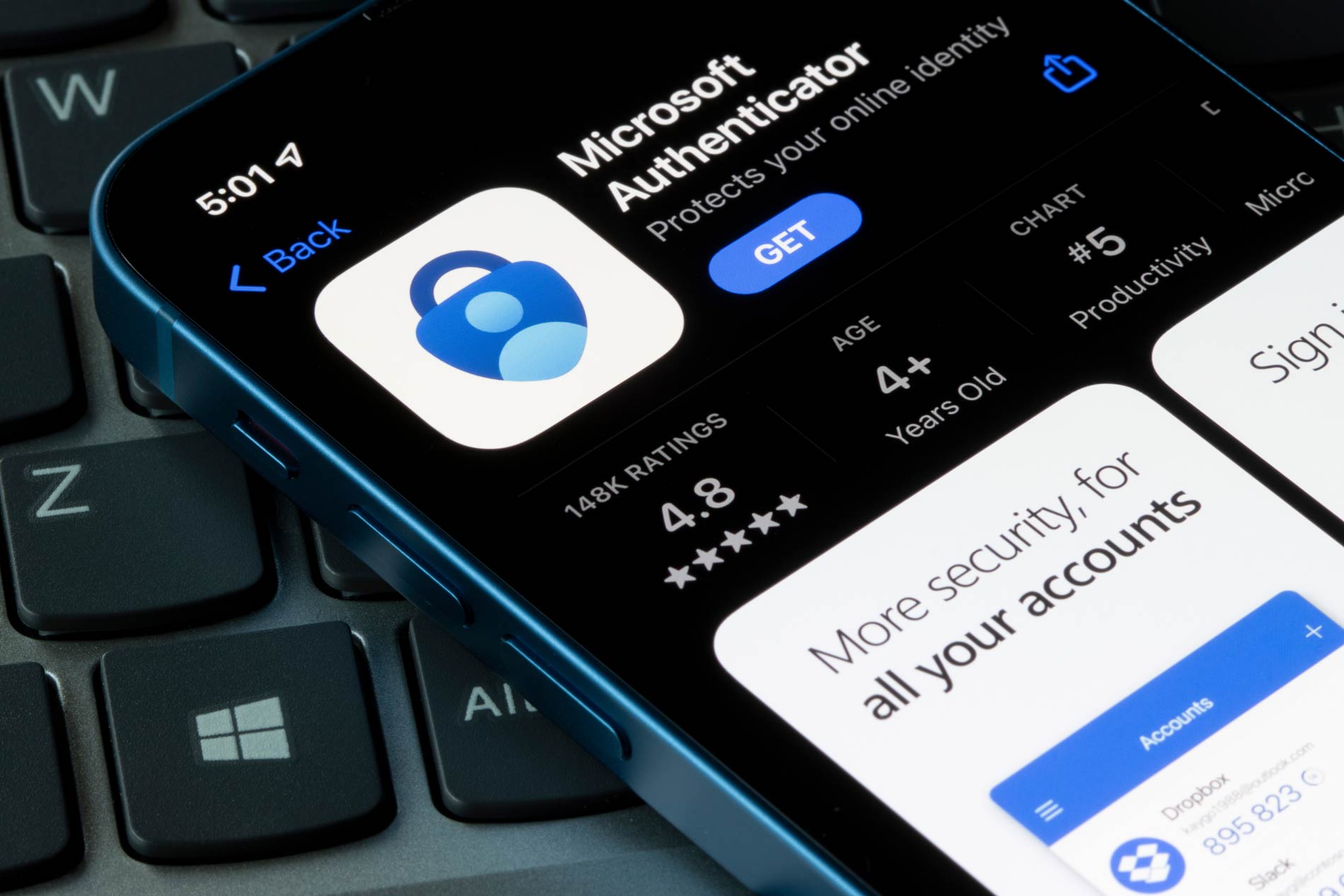3 min read
Chapter 5: Implementing Multi-Factor Authentication (MFA) in Your Business
Ian Robertson
:
Jul 21, 2023

In an increasingly digital era, cybersecurity should be top of mind for businesses of all sizes. One potent method of securing online operations is implementing a robust authentication process, and Multi-factor Authentication (MFA) sits at the forefront of this defence strategy. By creating an extra barrier of protection to sensitive data, MFA significantly elevates a business's security posture. This blog post will explore various aspects of MFA including biometrics, voice calls or messages, smart cards, and software certificates. We'll delve into how each contributes to reducing risk and fortifying the security of your business in Victoria, BC, and beyond.
Biometrics
First off, let's talk about biometrics. Regarded as a highly secure form of MFA, biometrics employ unique physical or behavioural attributes to verify a user's identity. Commonly used biometric methods include fingerprint scanning, iris recognition, and facial recognition1. Because these attributes are unique to each individual, they become nearly impossible for cybercriminals to replicate.
The use of biometric authentication reduces the risk of unauthorized access to sensitive systems and data significantly. IT consultants in Victoria, BC, can integrate biometric MFA into your existing systems smoothly, leading to a secure working environment with little to no disruption to your employees.
Voice Calls or Messages
The use of voice calls or messages as an MFA method is becoming increasingly common. In this method, users receive a one-time passcode (OTP) via a phone call or text message, which they must then input alongside their regular password2. This process requires the user to have physical access to the designated phone, adding an extra layer of security.
However, businesses must be aware of potential SIM swapping attacks and ensure safeguards are in place3. Despite this, voice calls and messages provide a convenient and accessible MFA form, especially for businesses with a broad client support base across Canada.
Smart Cards
Smart cards serve as a physical form of MFA. These cards store data on an integrated microprocessor and require the user to present the card when trying to access secure systems4. Smart cards provide a formidable barrier to unauthorized access, as they require physical possession by the attacker.
Customized to fit the needs of a business, smart cards offer a robust security system when paired with other MFA forms. IT consultants can help implement smart cards, assuring a secure and efficient authentication process.
Software Certificates
Software certificates serve as a digital form of MFA providing an elevated level of security for your business5. These certificates, digitally signed by a trusted certificate authority, are embedded in a device or software application. Users must provide the certificate, often along with another authentication form, to gain access.
Software certificates are relatively easy to implement and manage, especially for businesses with a significant number of users. They can add an additional security layer, as certificates are challenging for cybercriminals to duplicate.
Emphasizing Multi-factor Authentication (MFA)
Implementing MFA in a comprehensive cybersecurity strategy is of paramount importance. By requiring two or more independent credentials, MFA significantly impedes unauthorized system access6. Whether you're a small business in Victoria, BC or a larger enterprise across Canada, MFA offers an efficient and effective method of reducing risk and enhancing your business's security.
No matter what your preferred MFA form is - biometrics, voice calls or messages, smart cards, or software certificates - the right IT consultants can guide you through the implementation process. They provide the tools and expertise to ensure your MFA systems are secure, user-friendly, and compatible with your existing technology stack.
Keep in mind, MFA is just one aspect of a robust cybersecurity strategy. Regular employee training, continuous monitoring, and periodic system updates and patches are equally crucial to maintaining a secure business environment.
Robertson Technology Group, based in Victoria, BC, specializes in managed technology security and support solutions for small to medium-sized businesses. We focus on providing local, personalized service and we customize our approach to fit the unique needs of each client. Our mission is "To lead the way by providing innovative solutions and exceptional customer service through strategic partnerships and an empowered team committed to continued learning and personal growth." As cybersecurity threats continue to evolve, we are always ready to offer the latest solutions to keep your business safe. We understand the needs of small to medium-sized businesses, and we can help you navigate the challenges of implementing multi-factor authentication and other cybersecurity measures. With Robertson Technology Group at your side, you have the support and expertise you need to thrive in a secure digital world.
Have a read of some other articles in our 9 day cybersecurity series:
- Security Solutions Every Business Must Have
- Network Security Recommendations for Small Businesses
- Best Practices in the Age of Remote Work
- Password Management Tips for Small Business
- Implementing Multi-Factor Authentication (MFA) in Your Business
- Everything Small Businesses Need to Know About VPNs
- Best Practices for Cybersecurity Training
- Protect Your Data with a Phishing Test
- Advantages of Outsourcing Your Company's Cybersecurity

